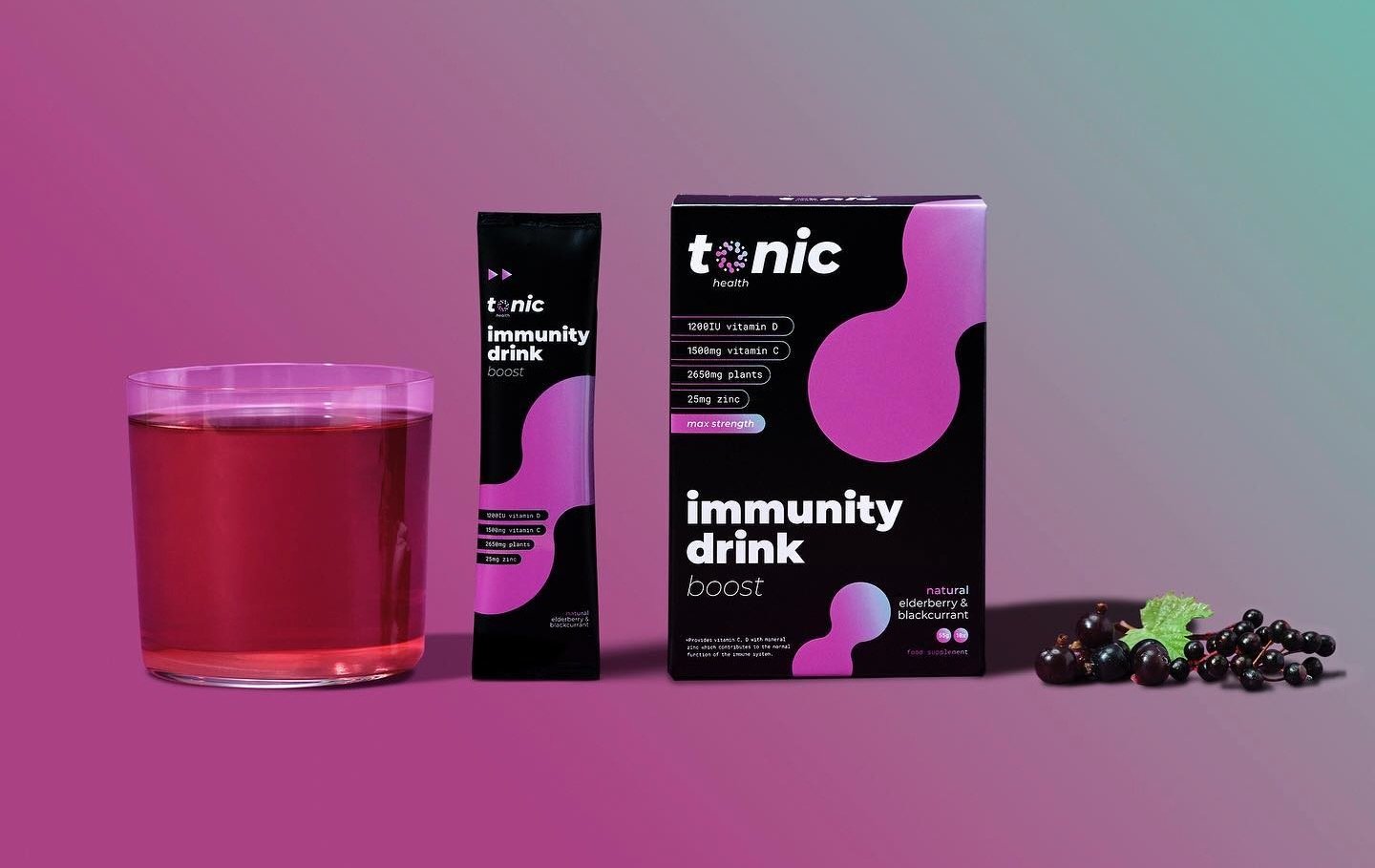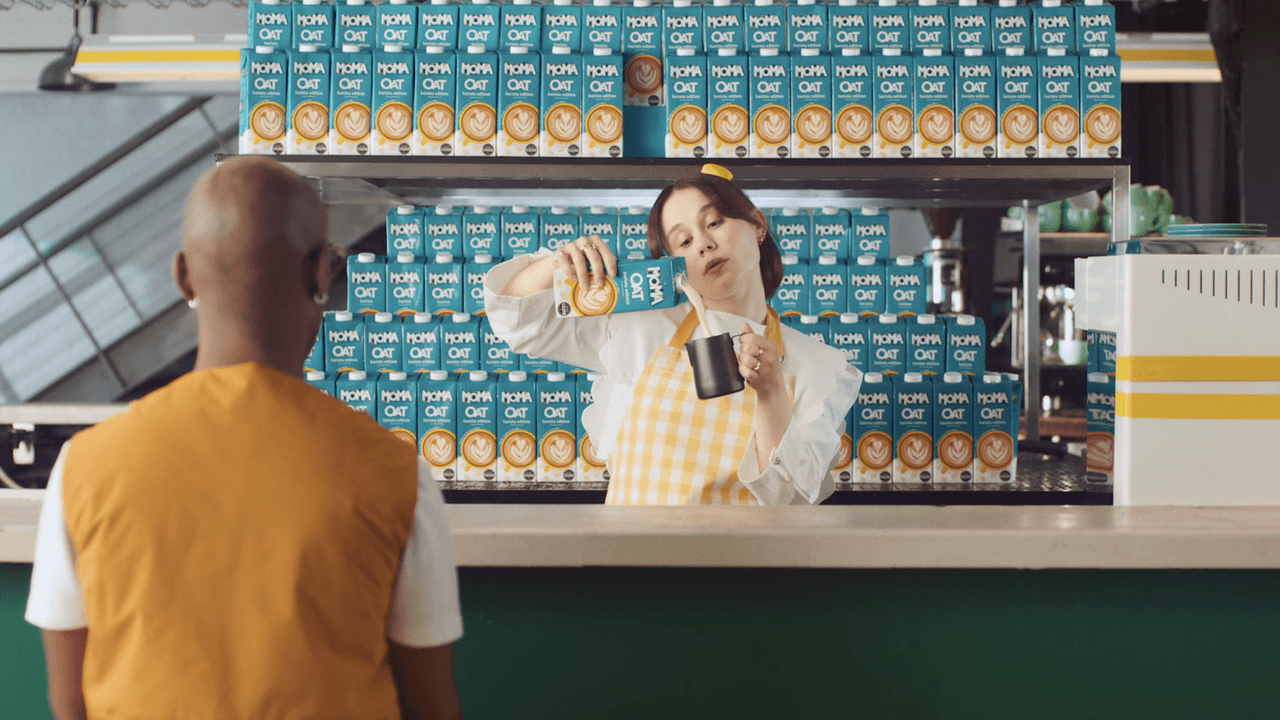One of the most challenging aspects of creating a successful startup is marketing. Young companies struggle to gain trust and credibility, shape a unique value proposition, acquire customers and attract investors without a well-articulated brand. These factors become more challenging as a company attempts to scale.
In response, creative venture firm And Rising was launched in 2019, focussing uniquely on startups and scaleups.
Founded by original 18 Feet & Rising members Jonathan Trimble, Rob Ward and Adrienne Little, it takes a novel approach to supporting young companies. I spoke to Adrienne Little to find out more.
Marketers become investors
And Rising is part of a trend of 'creative capital' (also known as sweat equity) where creative, marketing and design companies become investors in early-stage ventures helping imagine, develop and launch their brands from scratch in return for equity.
Currently, the company has ten pre-seed and seed investments, taking on three to five companies per year on average.
And Rising provides strategic support such as determining value propositions, branding, go-to-market strategies, creative growth, and media outreach.

And Rising primarily represents and invests in sustainable brands such as food and beverage and fast-moving consumer goods (FMCG) but has expanded its interests more recently to fintech and health tech.
Clients include Seedlip, Duo Lingo, Beam, Simply Roasted, Millicent Labs and laser cleaning tech company LPS.

The company took its first investment step by investing in Tonic Health, a vitamin drink maker whose drinks stock in UK supermarkets. Recently, Tonic Health finalised a significant distribution deal in the US and has established its headquarters there.
Currently, an LLP looks after the investment portfolio, but Little explains that the company aims in the next five years to have every project it takes on be a blend of investment and equity or all equity.
Scaling up is more than expanding your reach
Scaleups face specific challenges. They typically invest in marketing early in their journey or in retaining and increasing market share and global reach when well-established with little in between.
This is compounded by "the founders constantly fundraising, with VCs putting pressure on through monthly metrics."
Little notes that as a brand grow ups, "you typically hit your short-term targets, then a couple of years in you go, 'Oh, shit, maybe I need to think about that thing called brand.'"
"They say, 'We've acquired customers over here, but potentially not our next mainstream customer."
Furthermore, companies often find that as they build their company up, their marketing "isn't future-facing enough to solve the problem of crossing over from a niche brand to a household name."
Investors and audiences seek companies authentic in their missions and for whom product, growth and brand are a unified strength.
Whetting the appetite of suppliers and consumers
Food, beverage and consumer goods have specific challenges, like getting your product into customers' hands.
Direct-to-consumer (DTC) is a lower entry barrier but less attractive to VCs than it used to be. "If you speak to most companies selling DTCs, they'll probably tell you that one of their objectives this year is to get some retail distribution."
Little recounts that Tonic Health started with founder Sunna van Kampen taking a backpack full of sample products around independent shops, probably hitting every independent pharmacy in the UK, before getting stocked in Sainsbury's and Tesco.
"The reality is that retail distribution is hard. I have so many conversations with people that don't even understand the length of buying circles,"
She laughs:
"You want to be in Tescos this year and haven't even spoken to a buyer?
It takes a really long time from the first conversation, so if you don't have your brand proposition properly articulated, it's off-putting to an investor or a buyer."
Little also advises that a sellable product is more than an amazing product that is well-marketed because "if you go to market with a product, and the price is wrong, no matter how good it's going to be, no one's going to buy it. It'd be this uphill battle. And so, having really difficult conversations with supply chains and CFOs is essential. "
What are investors looking for?
While investors may be less interested in DTC consumer goods, they are interested in startups and scaleups that demonstrate a strong market fit, especially before attempting to expand to other regions or countries.
Logistics solutions in manufacturing and distribution are also highly valuable, such as "amazing payment terms with suppliers. "
"Because if you can receive your product, get it into the stores or your DTC pipeline and sell it before you have to pay the bill, that will alleviate half of your fundraising issues."
In terms of companies they look to invest in, And Rising seeks companies that understand the value of branding and marketing to their business and its ability to scale.
Little stresses that "there has to be a really good value exchange on both sides.
"I always ask people when I'm looking for investment, what's your exit plan? Are you looking to be acquired or seek an IPO?"
She explains that one brand is solving a very specific problem and being built to be acquired as a perfect missing puzzle piece to a company like Unilever or Johnson Johnson.
Another brand might be worthy of being a verb and can disrupt an industry to the extent that it becomes a category leader and is on the road to IPO.
And Rising recently launched an Academy to help scaleups to develop marketing as an owned competency, to drive up their valuations. T
he priority is to integrate skills across brand strategy, media, creative, and design and build agile low-cost digital marketing ecosystems that allow more budget to drive high-impact awareness campaigns on and off-line. It will also work alongside founders to upskill teams to go faster and focus investment on unlocking growth.
Little notes:
"Brands that turn marketing into core internal competency feel the benefit of that in their valuations - because they have a more distinctive, owned understanding of how to build a market of one.
As the UK's first creative company B Corporation, the initiative is aimed at positive-impact brands and brings to the fore the values of sustainable capabilities building over disposable campaigns."
"There's just so much opportunity to think about it like a proprietary tech product and go, if you are in-house and have built a piece of tech, that is seen as being really valuable."
If offering bespoke marketing services, investing in sustainable companies, and skilling up scaleups and startups isn't enough, And Rising is also investing in their mental health, organising a Rise up retreat, which includes wild swimming, foraging, silent breakfasts, gratitude, and journaling.
Little shared that "because we work in a creative industry, some of the best ideas come when you have a bit of mental capacity."
images via And Rising.



Would you like to write the first comment?
Login to post comments